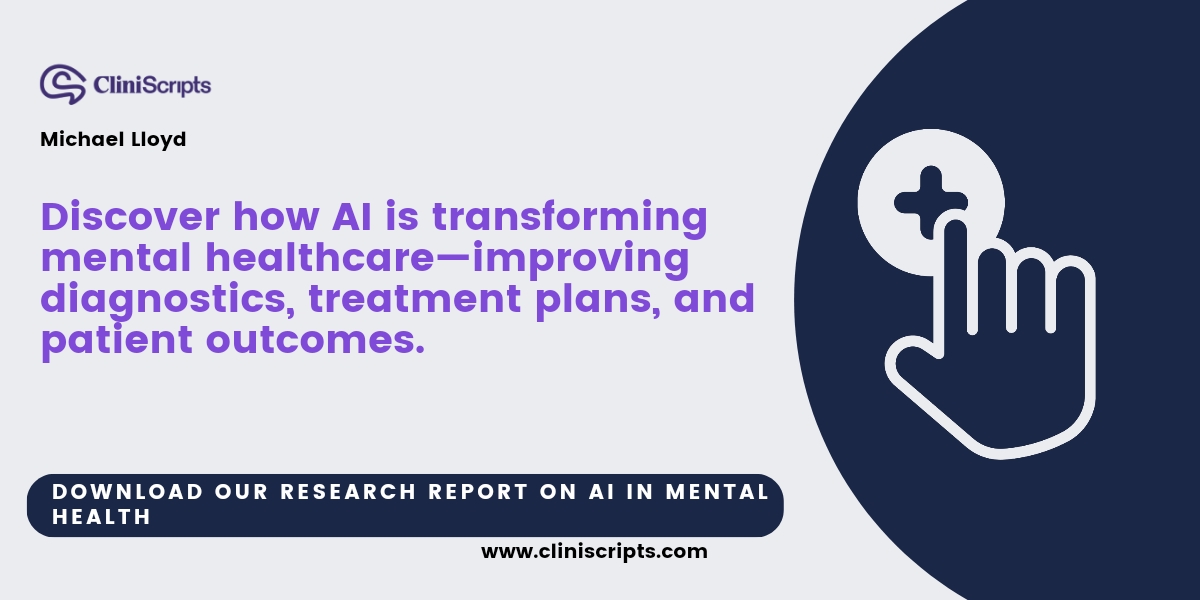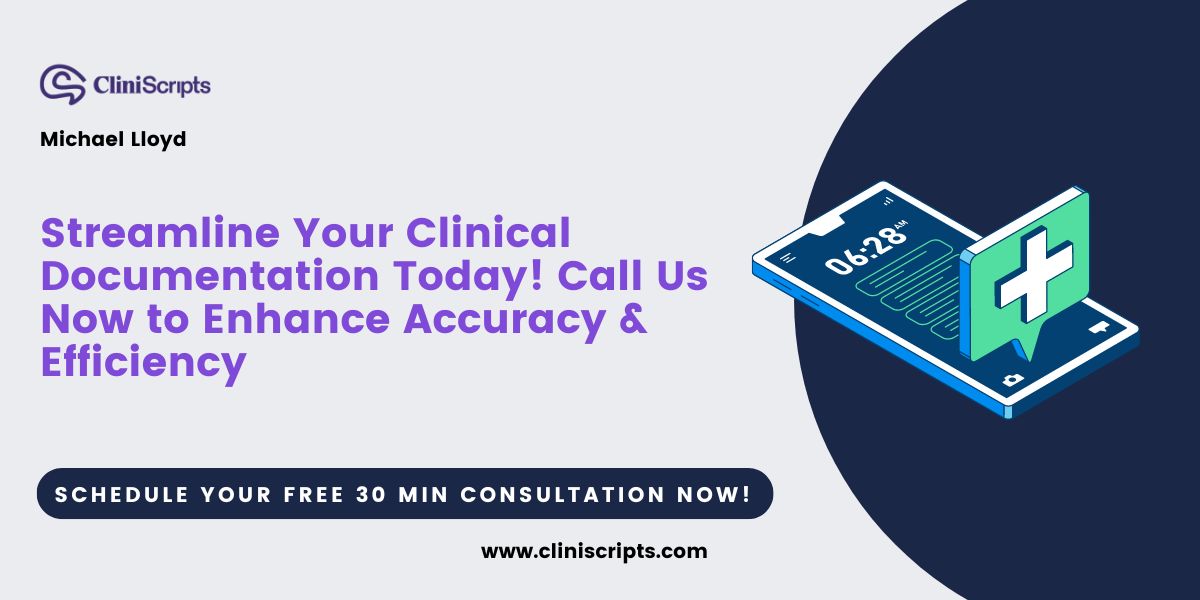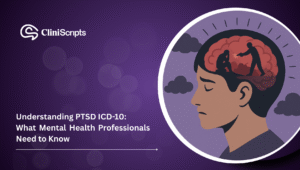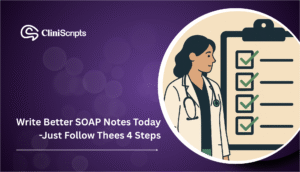Medicaly Reviewed by: Dr Alex Evans
Image Credit: Canva
Transforming Patient Care
Generative AI can be viewed as very recent technology in healthcare, which is capable of producing a lot of innovations addressing issues ranging from patient care and process integration, to enhancing the whole experience. But what are the exact generative AI use cases in healthcare, particularly? Let’s look inward this notion, and examine the means by which it is changing the sector for the better and the provision of health care to individuals is also easier.
What is Generative AI?
Let us first explore the concept of generative AI before discussing its benefits or applications. Generative AI pertains to those systems that can generate novel, usable content, including but not limited to; text, images, audio, etc. Conventional AI only captures and processes pre-existing data whereas, in this case, one has to look at the biggest picture, where new data must be created. In other words, the generative AI can analyze the big data and create point-specific content in a voice of a certain individual. Thus, it helps create customized healthcare transformations.
Key Generative AI Use Cases in Healthcare
The implications of generative AI in the field of healthcare are numerous and beneficial in improving the quality of medical practices and patient outcomes. Hence, some of the notable generative AI applications in health are presented below:
- Medical Imaging and Diagnostics
The field of medical imaging has greatly benefited from the introduction of generative AI. By effectively utilizing thousands of images, it can assist in the improvement of diagnostic images, like X-rays, MRIs, and so forth. This enables radiologists to spot internal irregularities including a tumor or a broken bone that would otherwise be hard to visualize. For instance, with the application of AI enhanced imaging technology, it is possible to see clearly the images of the patients even long before the diseases develop which is of great importance during treatment.
- Voice recognition systems for Medical Documentation
With the advance generative AI technology, it is now possible to one of the important use cases of automation in health care which is the generation of medical documentation. This technique avoids wastage of time for the healthcare providers by converting the conversations between the doctor and the patient in to medical notes and summaries. For instance, companies such as CliniScripts have employed advanced generative AI technologies in the provision of patient record services enabling the doctors to spend more time attending to the patients rather than doing the paperwork.
- Treatment Plans That are Customized
Generative AI can encapsulate all relevant information, including the anthropometrics of a patient, his or her medical history, genetic information, as well as any other conditions at the time in order to recommend a course of medication for that particular patient. This guarantees that everyone gets the most useful medicine according to their situation. The implementation of personalized care through AI is beneficial in achieving better results as well as shortening the time taken to come up with the ideal intervention for the particular patient.
- Virtual Healthassistants
Another significant use case of generative AI in health is designing virtual health assistive applications. This is a relatively new technology that has emerged as an extension of health care chatbots used to assist patients in answering inquiries, scheduling appointments, and orienting patients.
Benefits of Generative AI Use Cases in Healthcare
The integration of generative artificial intelligence in healthcare comes with multiple advantages which aids in better patient care as well as operational performance. Among the key benefits include the following:
- Improved Precision: The use generative AI lowers the risks of making mistakes in diagnosis as well as in medical writing – there are better results achieved.
- Saves On Time: With most of the customary functions performed through systems, the health care providers on the other hand, have more time to spend with the patients.
- Individualization: There are treatment and advisory guidelines enhanced specifically for a patient’s condition which offers better healthcare solutions.
- Cost Saving: In the processes of drug development, laboratory diagnostics, and treatment when all these are automated these processes the economics of research and actual practice can be improved remarkably.
Challenges in Implementing Generative AI Use Cases in Healthcare
Even though generative artificial intelligence holds a great deal of promise, there remain challenges related to the application of its use cases in healthcare:
- Issues of Patient Data Security
Insights generated by the generative AI system depend on patient-derived data sets. Thus, there is a need to safeguard such data. Healthcare organizations including but not limited to CliniScripts, are required to put in place adequate measures to protect data and avoid any trust issues with patients while also adhering to strict regulations such as HIPAA.
- Compatibility With Other Frameworks
It is often a challenge to inject generative AI into a healthcare implementation already in place. Such communication may often be between the new AI functionalities and existing systems that may not communicate effortlessly.
- Overhead in Setting Up the Systems
The first investment in terms of setting up and training the generative AI models may be very high. The healthcare providers that are considering this need to think in terms of the net present value (NPV) benefits of the costs. However, some individuals such as CliniScripts do help healthcare providers put AI solutions into practice without wasting much time.
How CliniScripts Supports Generative AI Use Cases in Healthcare
Thus, at CliniScripts we acknowledge the fact that the utilization of advanced technology is inevitable in the delivery of health care services. We emphasize the use of generative AI in facilitating the processes of writing medical records, enhancing logistic operations and improving results of medical diagnosis. Attending to the specific needs of the health care providers, we devote ourselves to making guidelines that aid in all the processes of care delivery. This, in turn, Makes healthcare effective and efficient by ensuring the use of artificial intelligence in practice to enhance patient care.
The Future of Generative AI Use Cases in Healthcare
The scope of generative AI use cases in the healthcare system is enormous and the prospect is quite good. Ranging from predictive modelling to recommending treatment options, the use cases keep developing. With the growth of AI technology, patients can look forward to even better innovations that will in turn change the face of healthcare more.
In the near future, we might also witness an upsurge in the use of AI in telehealth by way of generative AI that summarizes a virtual consultation in a few moments or generates specific reports for patients in no time. These developments will in turn see the birth of health care institutions that emphasize on the need to prevent diseases and intervene early.
Final Thoughts
The surge in the application of generative AI within healthcare is transforming this arena into one characterized by a deeper focus towards improving patient experiences and efficiency in service delivery. Its effect ranges from treatment enhancement to less burdensome documentation.
The transition to advanced care is attainable for healthcare providers and organizations ready to embrace such novel care technologies.
CliniScripts will be ready to assist you should you wish to incorporate generative AI into your medical practice. Our knowledge and experience in the field of medical documentation, as well as the implementation of AI systems, will allow us to help you master this technology without any negative impact on the healthcare facilities’ patients.
As with anything else, if an optimal strategy is rendered and the tools have been provided, generative AI can significantly change the course of things for the better and bring health care in something of value for everyone. Reach out to CliniScripts now to discover in what ways we can help you with this change.








